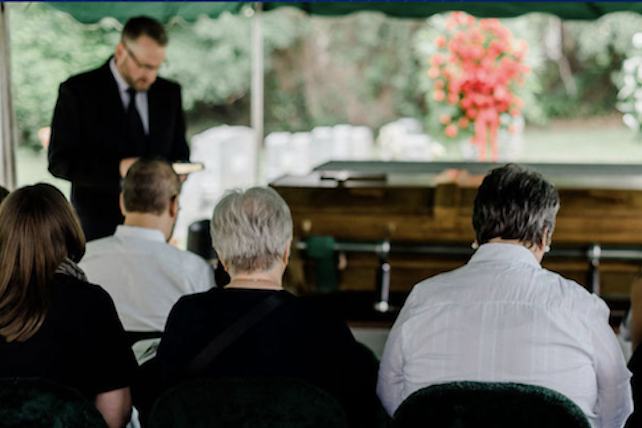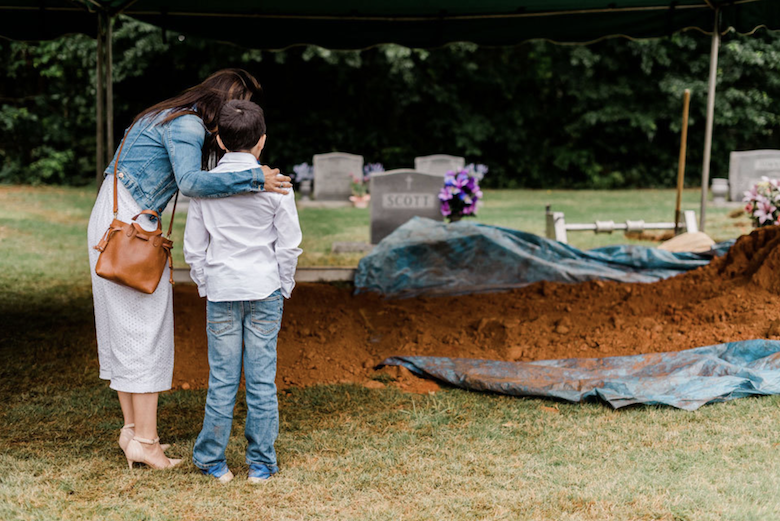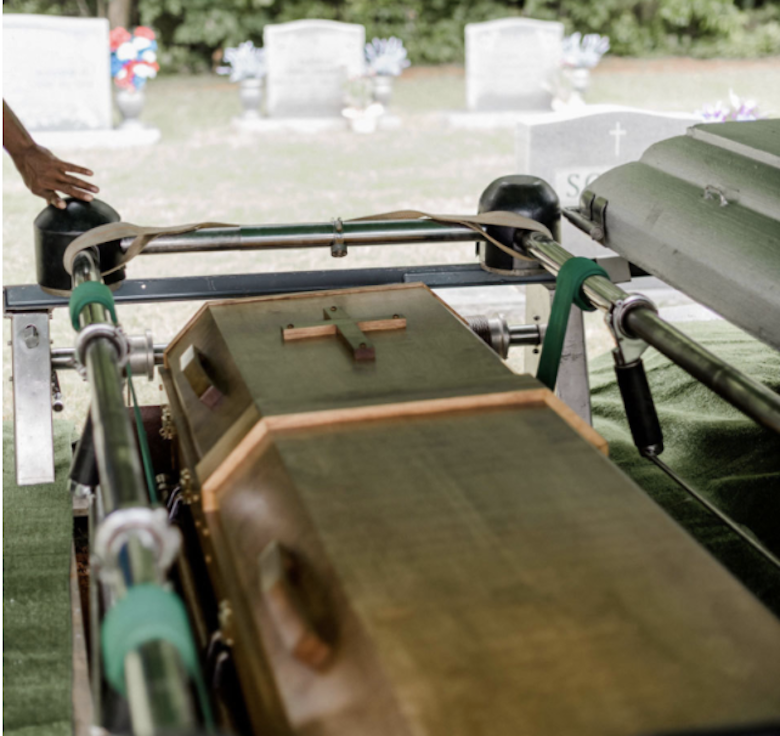For years I believed that if I could simply identify the right planning and decision-making process, we would then make good decisions at the church I pastor. That, it turned out, was both naïve and misguided. Over a 20-year period, however, the dramatic difference between our standard process and emotionally healthy planning and decision making became crystal clear.
The first emotionally healthy principle is the foundation from which all the others follow.
We Define Success as Radically Doing God’s Will
From the time I became a Christian, I believed intellectually that listening for God’s will was vitally important. But it wasn’t until a four-month contemplative sabbatical in 2003-2004 that my approach to planning and decision making was utterly transformed. As a result, my definition of success so broadened and deepened that my leadership and my approach to discerning God’s will experienced an extreme makeover.
What happened? I slowed down my life so I could spend much more time being with God. Listening for and surrendering to God’s will became the focus of my life—both personally and in leadership. I realized that New Life had one objective: to become what God had called us to become, and to do what God had called us to do—regardless of where any of that might lead us. That would be the sole marker of our success. It meant that all the previous markers—increased attendance, bigger and better programs, more serving—had to take a backseat to this one. I was no longer willing to “succeed” at the expense of hearing and listening to the will of God.
Have you ever considered that your ministry, organization or team may be growing and yet actually failing? Why? Because God’s standard of success isn’t limited to growth. Success is first and foremost doing what God has asked us to do, doing it his way and in his timing. Years ago, when I was first wrestling with redefining success, I imagined what it might be like to come before God’s throne at the end of my earthly life and say, “Here, God, is what I have done for you. New Life now has 10,000 people.” Then he would respond, “Pete, I love you, but that was not what I gave you to do. That task was for a pastor in another part of New York.”
Embracing God’s definition of success for New Life over the years was initially difficult for me to accept. It slowed me down and I suddenly felt like I didn’t look as good as the leaders of other more successful ministries to which I compared myself. But as time went on and we leaned into God’s leadership and wisdom for our context, a new freedom and joy emerged.
We Create a Space for Heart Preparation
In emotionally healthy planning and decision making, we don’t simply open meetings with prayer and then leap headlong into our agenda. We begin by creating a space for heart preparation. We intentionally step back from the distractions and pressures that surround us so we can discern and follow God’s will. This preparation takes place on two levels—personal heart preparation and team heart preparation.
Personal Heart Preparation: Before entering a meeting room, our first priority as leaders is to prepare our heart with God. How much time is needed? That depends on the level of the decision or plans being made and how much internal noise might be cluttering your inner life at the moment. The simple principle we follow at New Life is, the weightier the decision, the more time is required for preparation.
Jesus models this kind of heart preparation for us. Before choosing the Twelve, he stayed up all night (Luke 6:12-13). In order to discern the Father’s priorities in the midst of voices clamoring for him to stay in Capernaum, Jesus rose early in the morning for solitude (Luke 4:42-43). Jesus consistently engaged and then withdrew from people and the demands of ministry in order to pray alone (Luke 5:15). Perhaps most instructive of all is Jesus’ struggle to surrender to the will of his Father in Gethsemane. This is, I believe, one of the most significant planning and decision-making texts in all of Scripture. He struggled to surrender to the will of God, we can be sure we will as well.
Team Heart Preparation: In order to make good decisions, we begin our meetings—whether it be a weekly team meeting or a full-day planning meeting—by creating the necessary space for the team to center their hearts before God.
If I am leading the meeting, I’ll begin with two to three minutes of silence, or perhaps we might pray the Daily Office together. I may read a devotional reflection to center us in Christ. The purpose of these opening moments is to create an environment free of striving or manipulating outcomes so we can seek God’s will together.
When our staff team goes off site for one of our three planning retreats in the year (typically September, January and June), we may devote up to half the retreat time to allow team members to meet God personally before we gather to make plans. We like to begin every important emotionally healthy planning retreat with a “being” experience before tackling the “doing” component of these longer meetings.










 Assistant Pastor.
Assistant Pastor.








